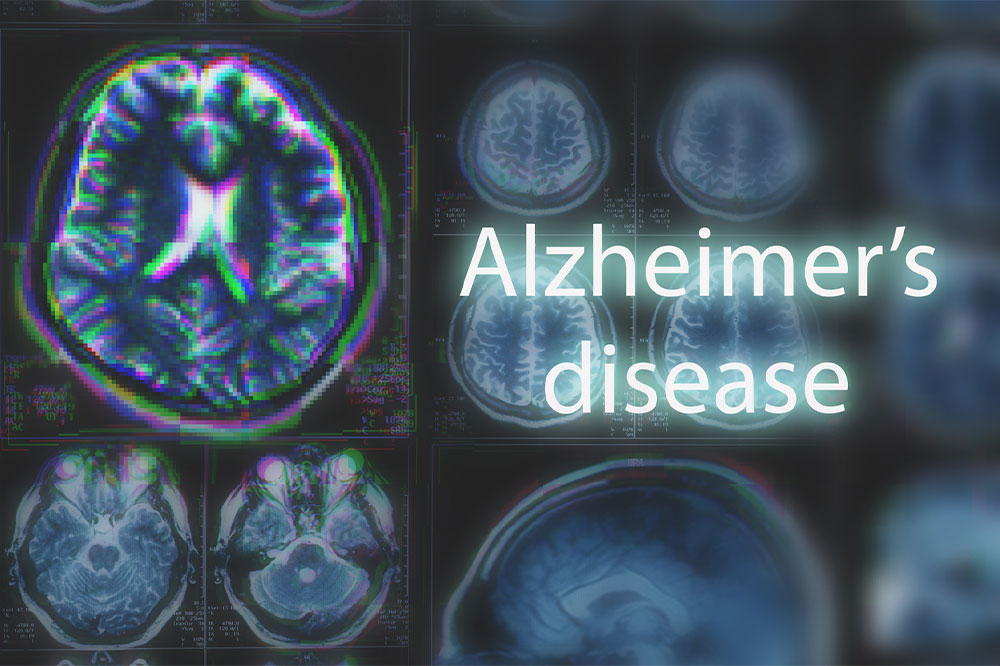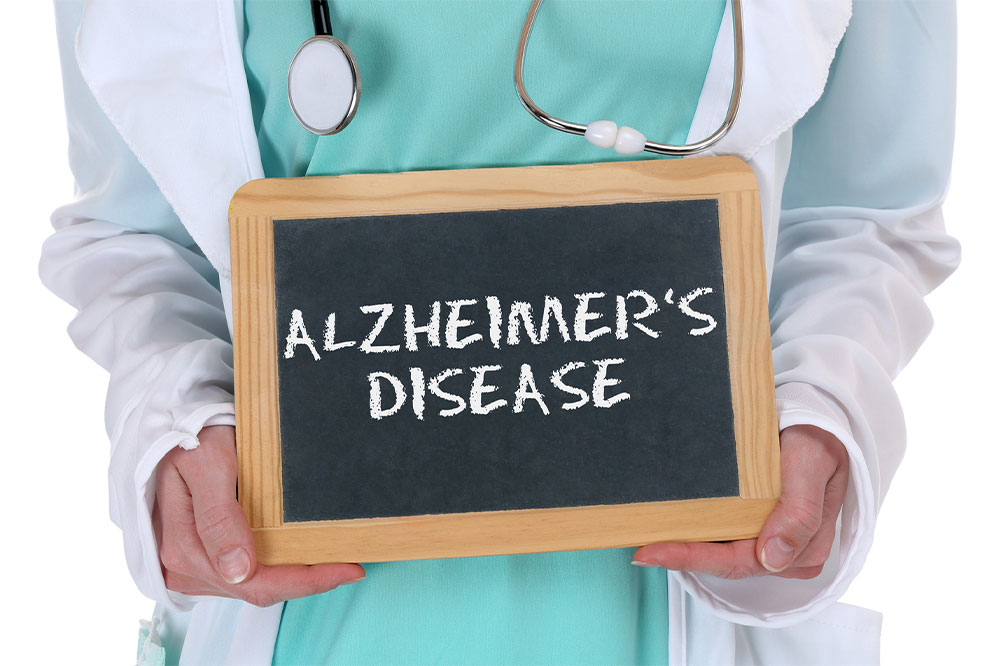Early Warning Signs and Detection of Alzheimer’s Disease: A Comprehensive Guide
This comprehensive article explores the early warning signs of Alzheimer’s disease, emphasizing the importance of prompt recognition and diagnosis. It details common symptoms such as memory loss, disorientation, and behavioral changes, along with management strategies to improve quality of life. Understanding these signs can facilitate earlier medical intervention, helping patients and families navigate the disease more effectively and plan ahead for future care needs.

Alzheimer's disease stands as one of the most significant causes of dementia worldwide, profoundly affecting millions of individuals across the globe. As a progressive neurological disorder, it gradually impairs brain function, leading to memory loss, cognitive decline, and behavioral alterations. While its prevalence increases with age, it's important to recognize that early-onset Alzheimer’s can affect younger populations as well. Understanding the initial indicators and recognizing the early warning signs is vital for timely diagnosis and effective management.
Alzheimer’s disease begins subtly, often with minor memory lapses or difficulties in reasoning. As the condition advances, symptoms become more pronounced and interfere with daily life. Early detection can greatly enhance the quality of life for patients by enabling early intervention, planning, and access to supportive therapies. This comprehensive guide explores the common early signs of Alzheimer’s, how to identify them, and the importance of prompt medical assessment.
Understanding Alzheimer’s Disease and Its Impact
Alzheimer’s disease is characterized by the accumulation of abnormal proteins in the brain, leading to the death of nerve cells. This pathological change results in the shrinking of the brain tissue, especially in regions responsible for memory and cognitive functions. Over time, these changes cause significant deterioration in mental capabilities, physical health, and emotional well-being.
Approximately 6 million Americans and millions more worldwide live with Alzheimer’s, making it one of the most pressing health concerns of our era. Although there is no cure, early diagnosis provides the opportunity for treatment that can slow progression, manage symptoms, and improve quality of life.
Key Early Signs of Alzheimer’s Disease
Identifying the earliest symptoms of Alzheimer’s is critical for initiating timely interventions. Here are some common signs to watch for:
Memory Loss That Disrupts Daily Life: Forgetting recent conversations, important dates, or repeatedly asking the same questions are often initial signs. These memory lapses are more severe than typical forgetfulness and interfere with regular routines.
Difficulty Planning or Solving Problems: Struggling to follow familiar recipes, manage bills, or keep track of cards increasingly indicate cognitive decline.
Disorientation in Time and Space: Getting lost in familiar places or losing track of dates and seasons can be an early warning sign.
Visual and Spatial Challenges: Difficulty judging distances, distinguishing colors, or noticing objects accurately may suggest neurological changes associated with Alzheimer’s.
Challenges with Routine Tasks: Trouble completing everyday activities like cooking, cleaning, or managing personal hygiene signals emerging cognitive issues.
Speaking and Writing Difficulties: Problems finding words or following conversations can develop early in the disease process.
Changes in Mood and Behavior: Increased suspicion, confusion, depression, irritability, or withdrawal from social activities are common in the initial stages.
Additional Early Behavioral Indicators
Beyond cognitive symptoms, changes in personality and social interactions are prominent indicators. These include:
Increased emotional instability, such as rapid mood swings
Heightened distrust or paranoia about others
Neglect of personal grooming and hygiene
Decline in motivation and interest for hobbies or social engagement
The Importance of Early Diagnosis
Detecting Alzheimer’s in its early stages provides several advantages. It allows for more effective management of symptoms, access to medications that can slow disease progression, and better planning for future care needs. Furthermore, early diagnosis offers patients and families the opportunity to consider participation in clinical trials or support groups, and make lifestyle adjustments that may help maintain cognitive health for longer periods.
If you or loved ones observe any of these signs, it’s crucial to consult healthcare professionals promptly for comprehensive evaluation. Early assessment typically involves cognitive testing, medical history review, neurological exams, and brain imaging studies.
Steps for Managing Early Alzheimer’s Symptoms
While there is currently no cure, disease management strategies focus on improving quality of life:
Engaging in mentally stimulating activities like puzzles, reading, or learning new skills
Maintaining a healthy diet rich in vegetables, fruits, and omega-3 fatty acids
Regular physical exercise to promote brain health
Establishing routines to reduce confusion and promote independence
Seeking support from caregivers and support groups to handle emotional and practical challenges
Medication adherence as prescribed by healthcare providers to manage symptoms
Conclusion: Be Proactive in Recognizing Early Signs
Recognizing the initial indicators of Alzheimer’s disease can significantly influence disease progression and patient outcomes. Awareness and proactive health checks are essential steps everyone should consider, especially for those with a family history or risk factors. Early diagnosis opens doors to better treatment options, support systems, and a more manageable journey through this challenging disease. If you notice any symptoms discussed here, do not hesitate to seek professional medical advice for assessment and planning.





